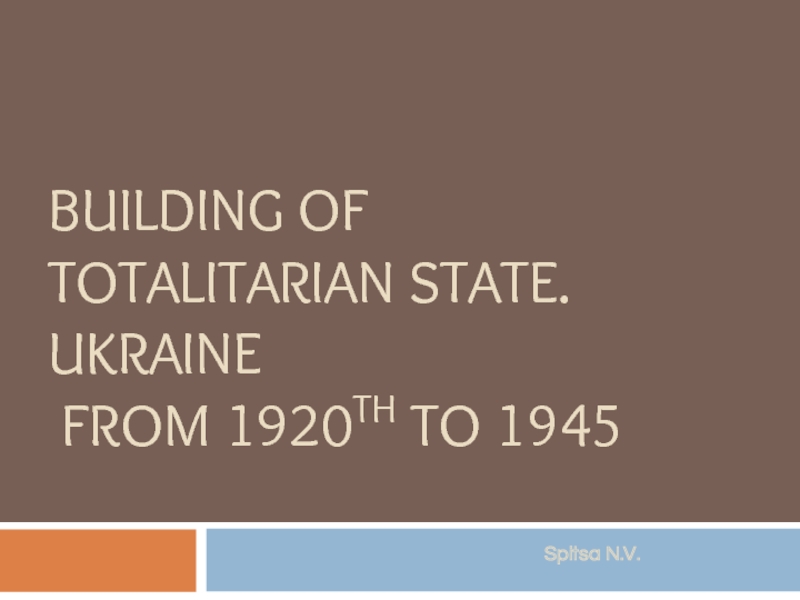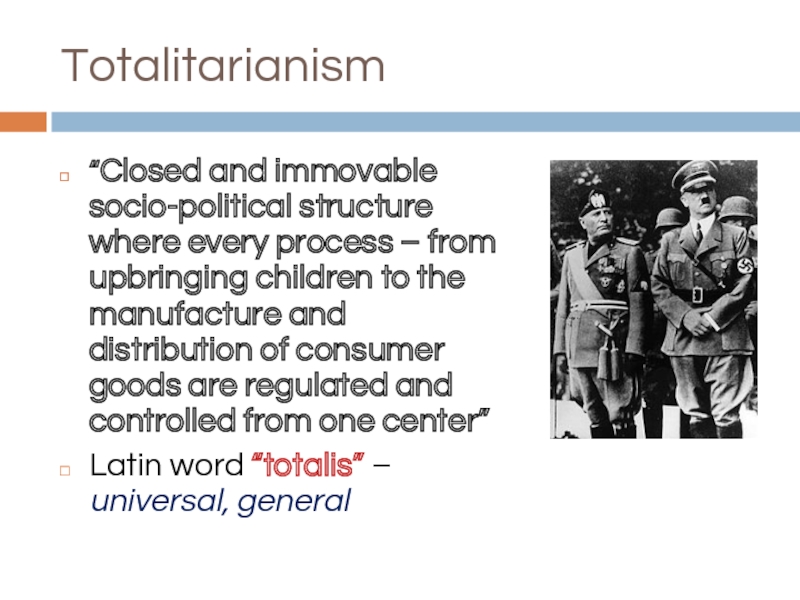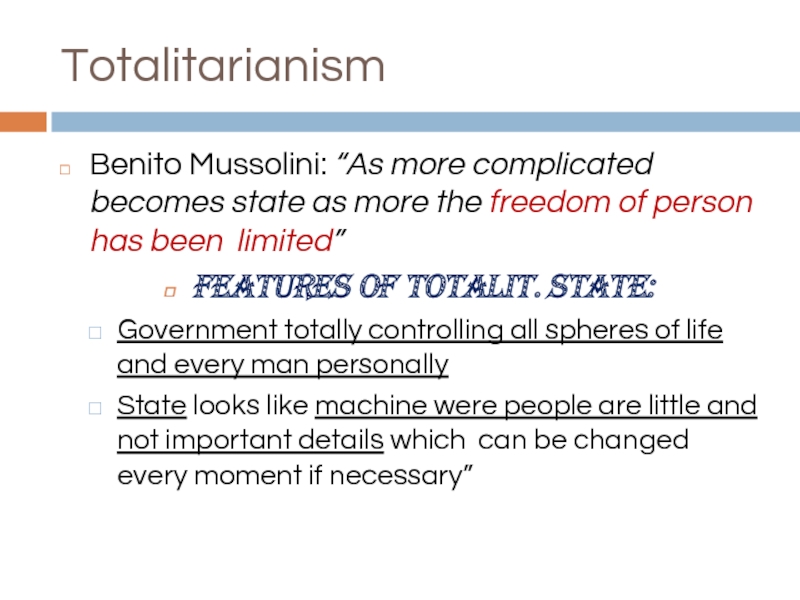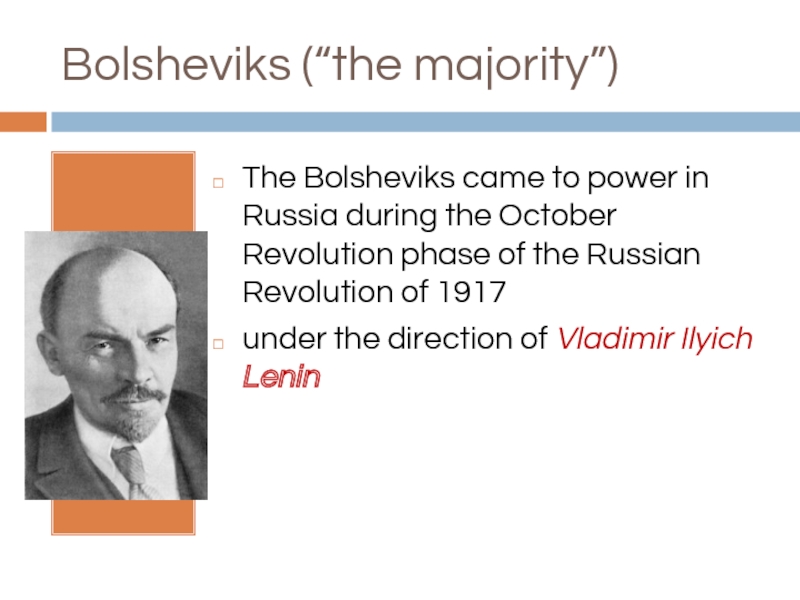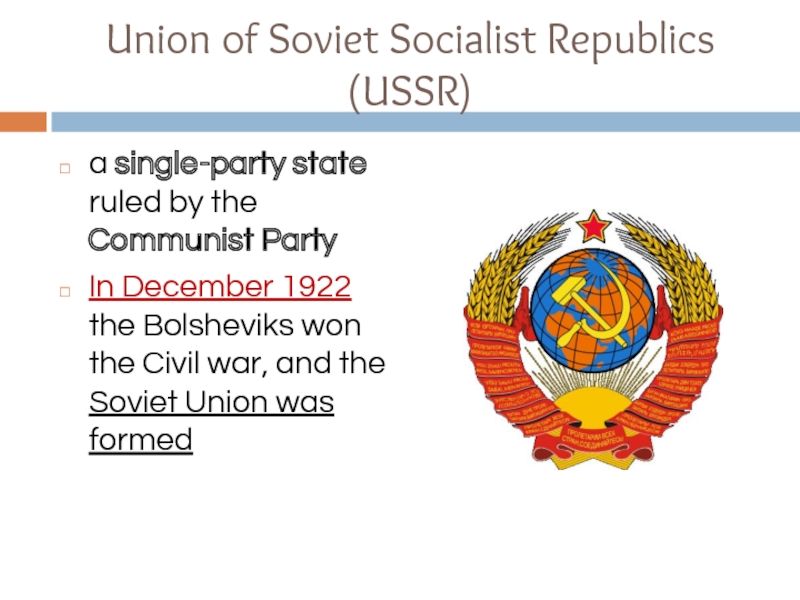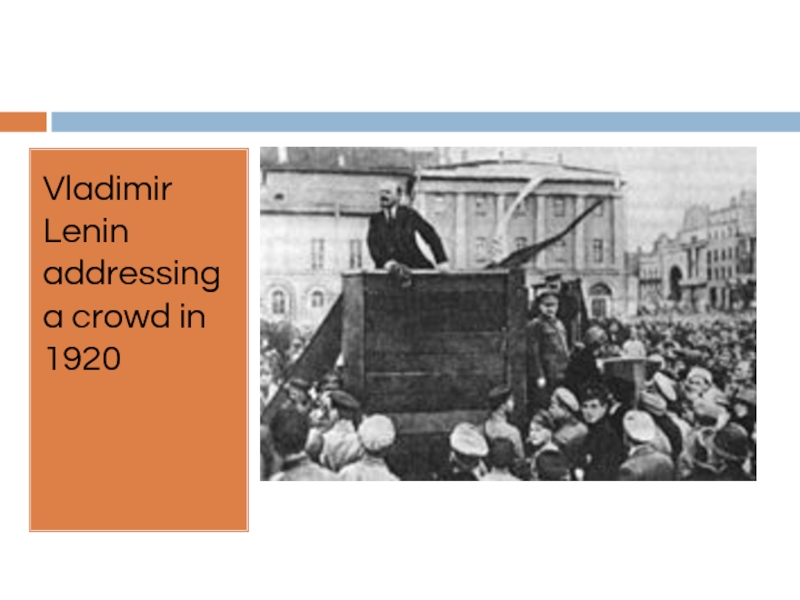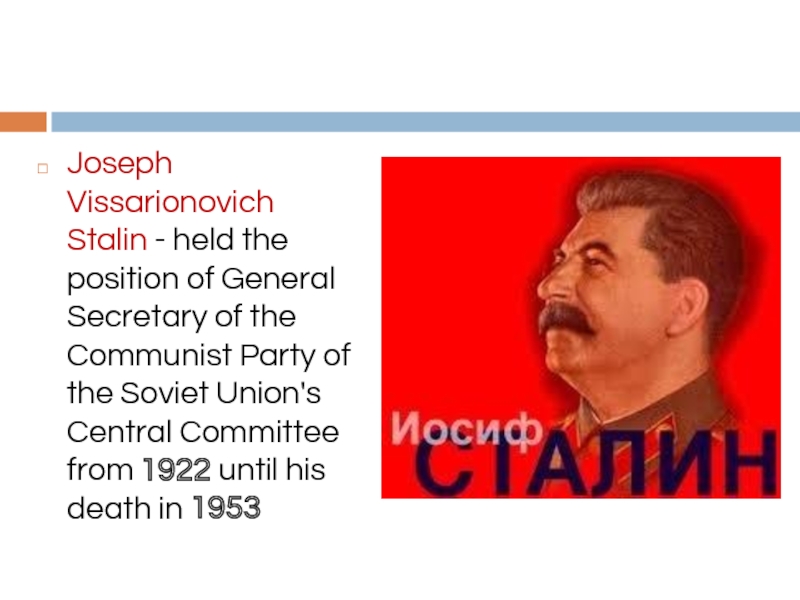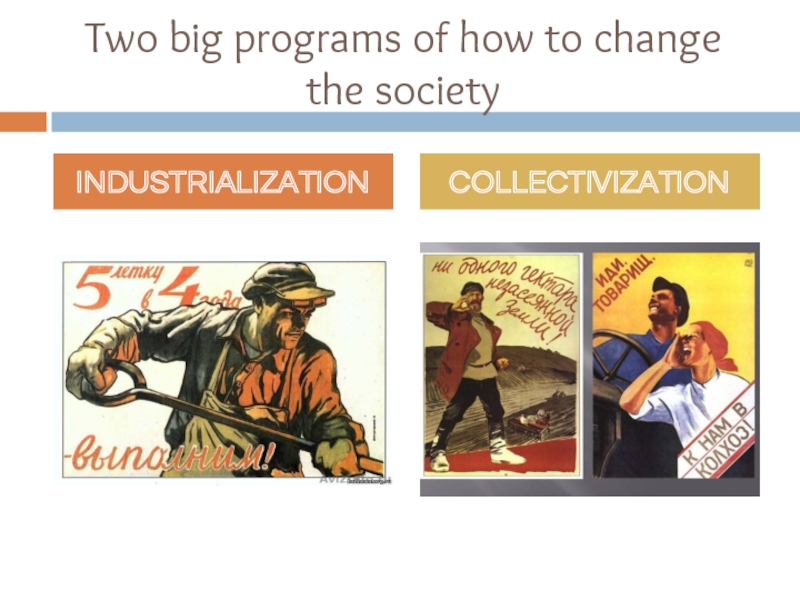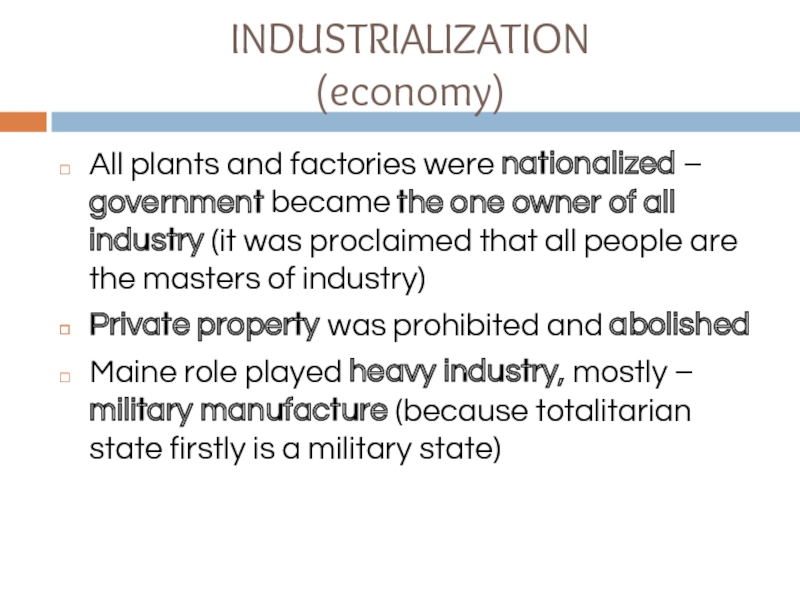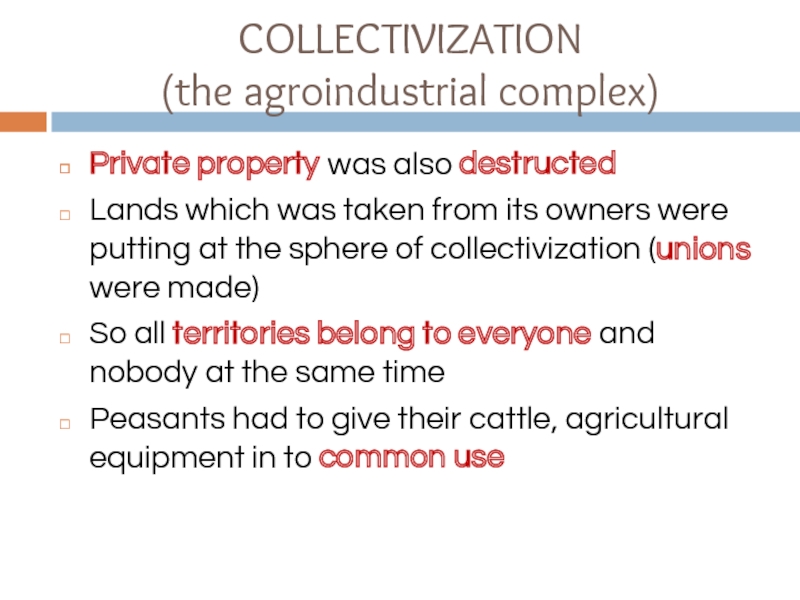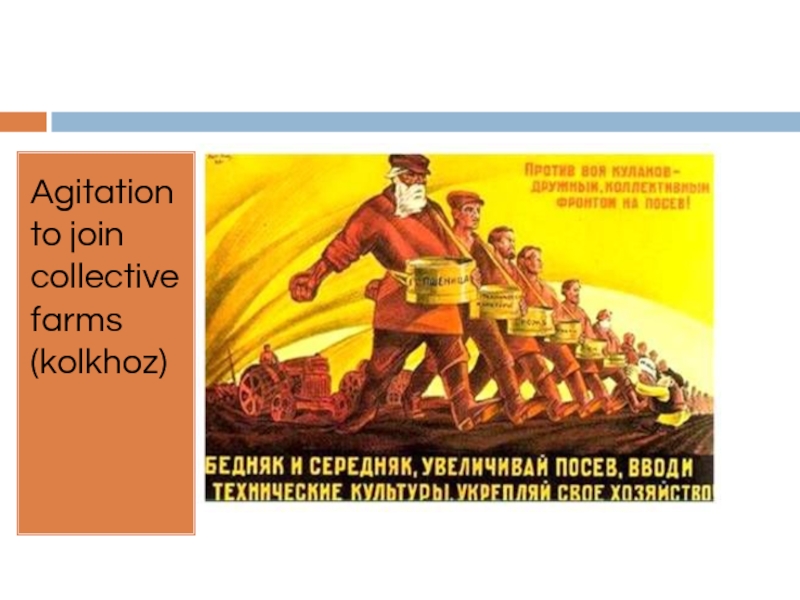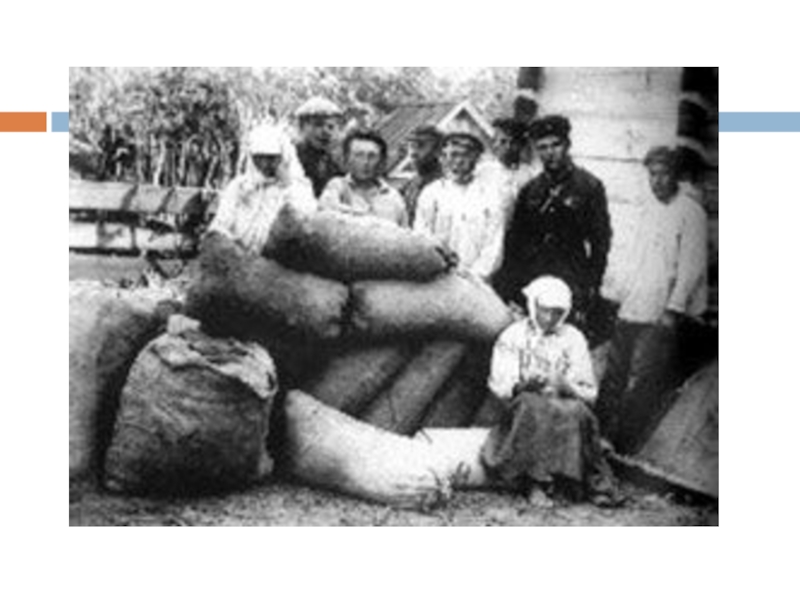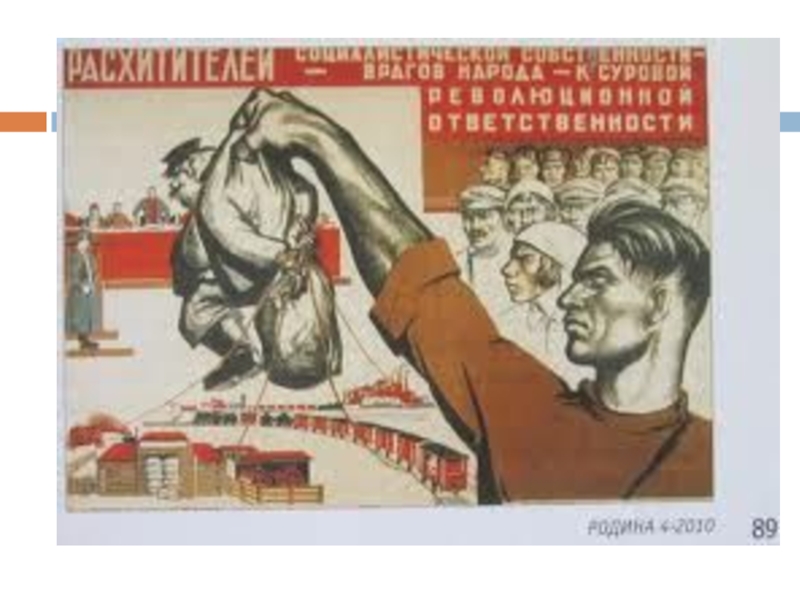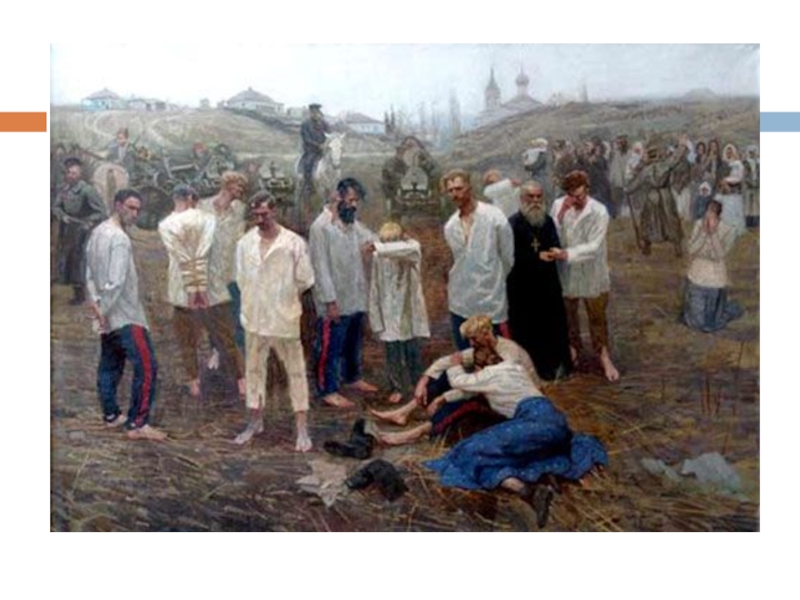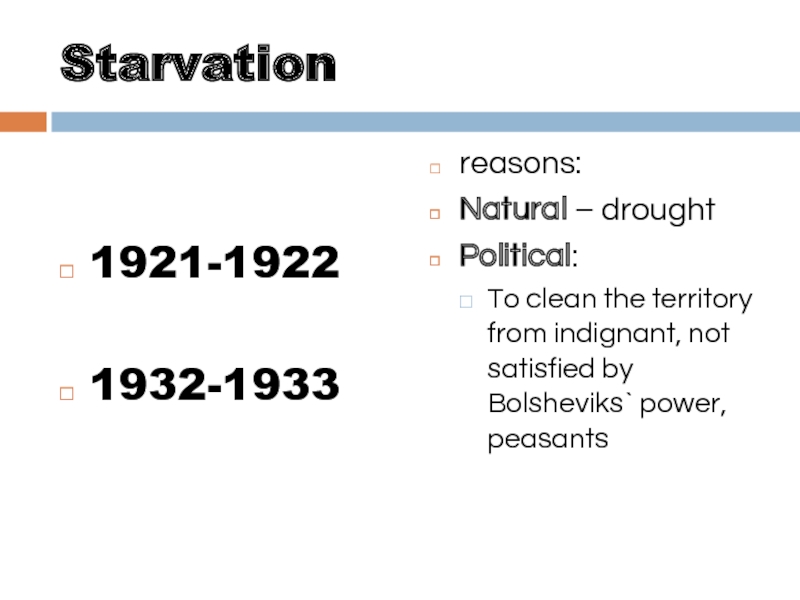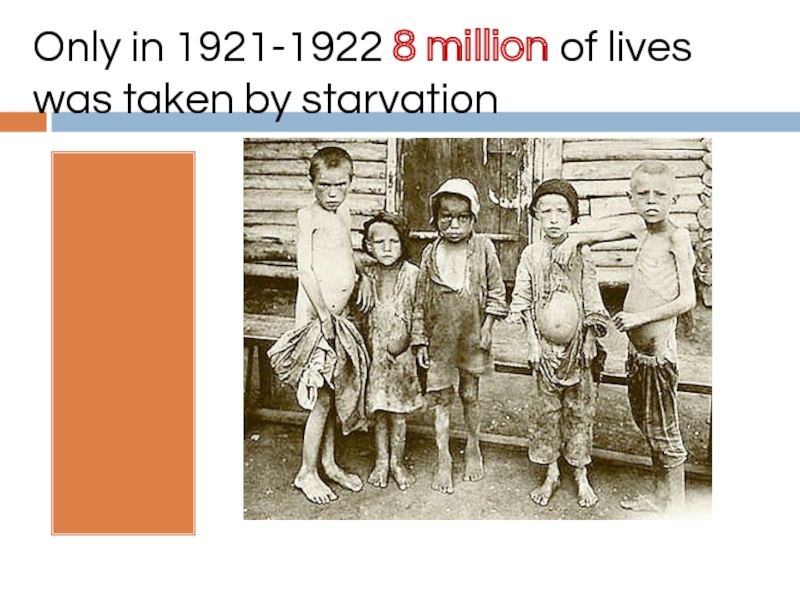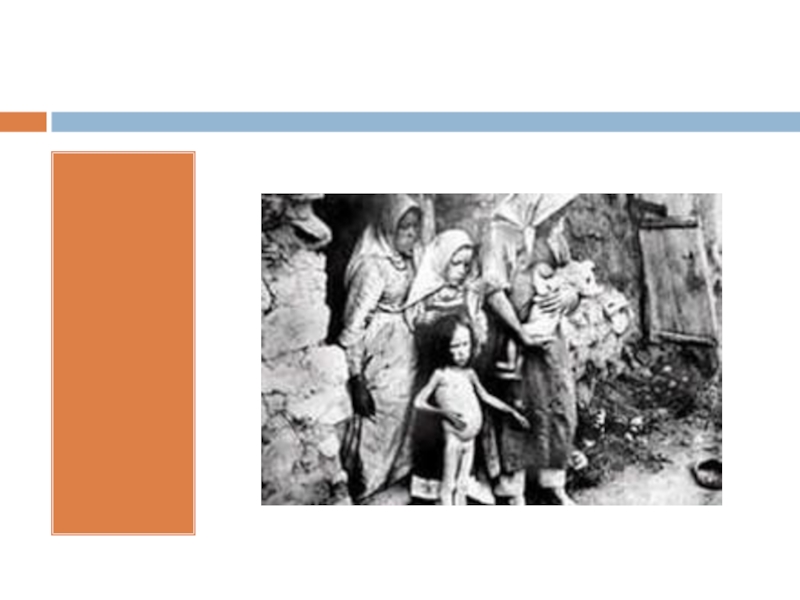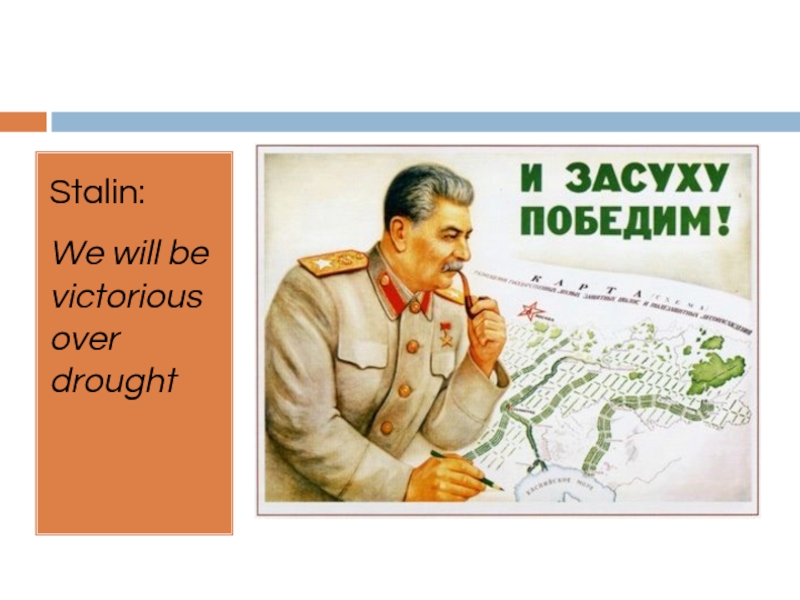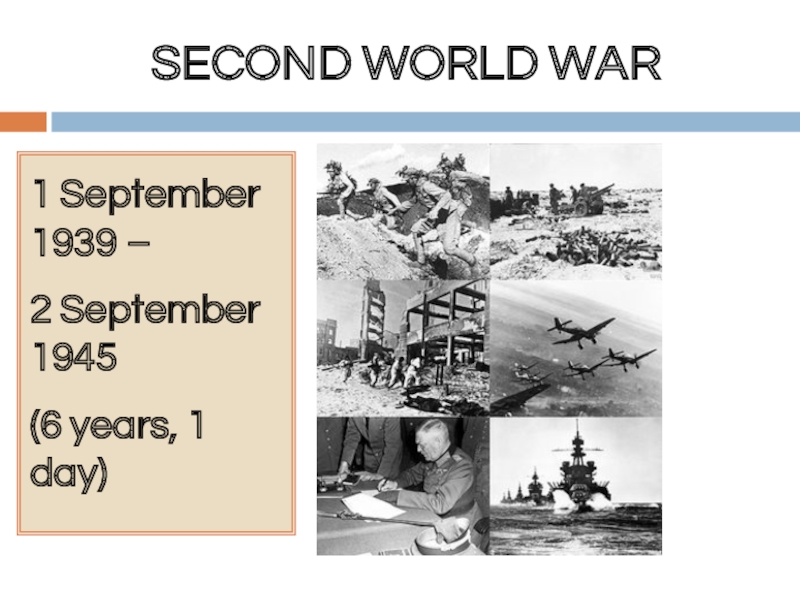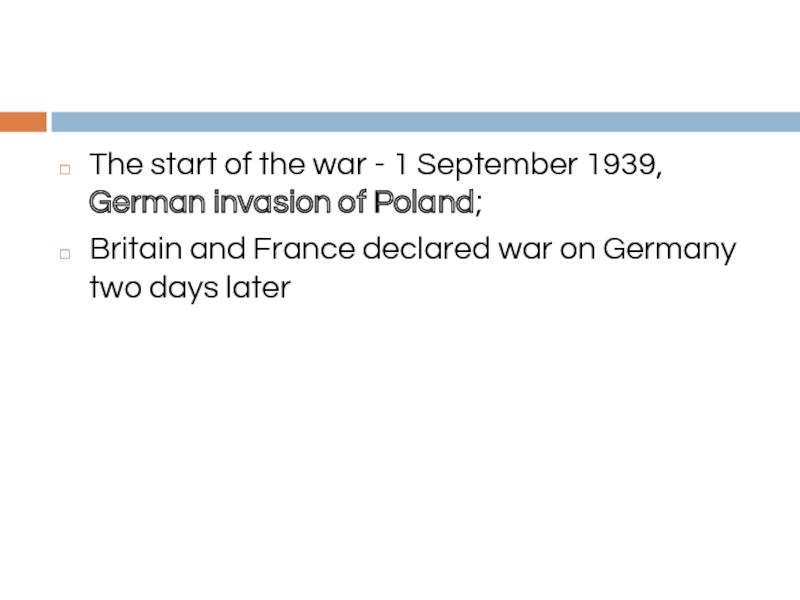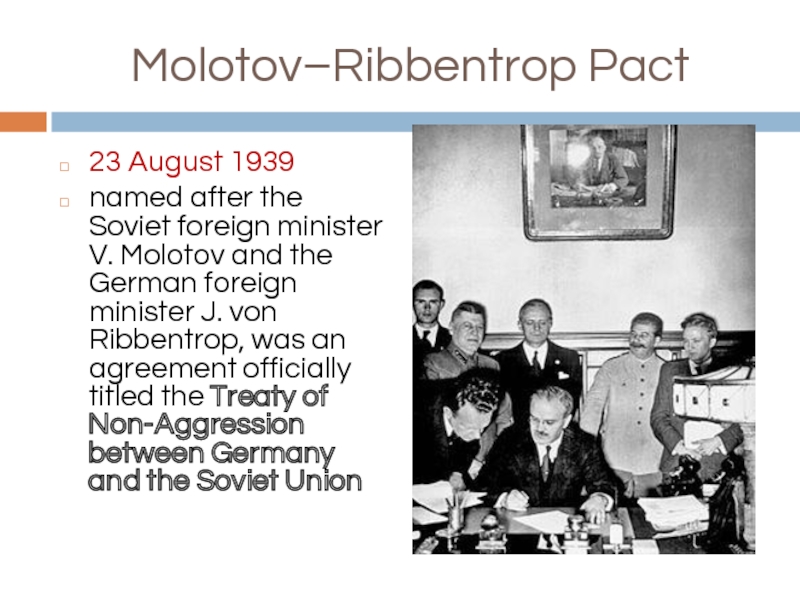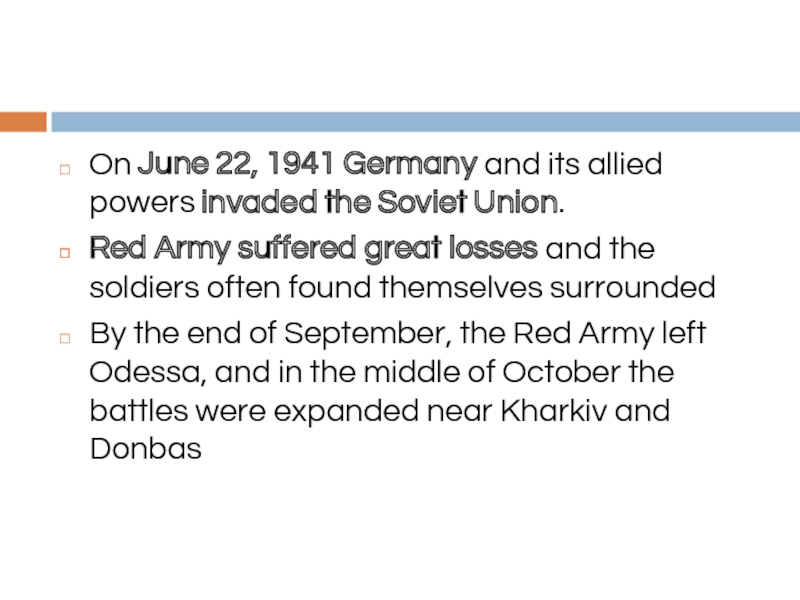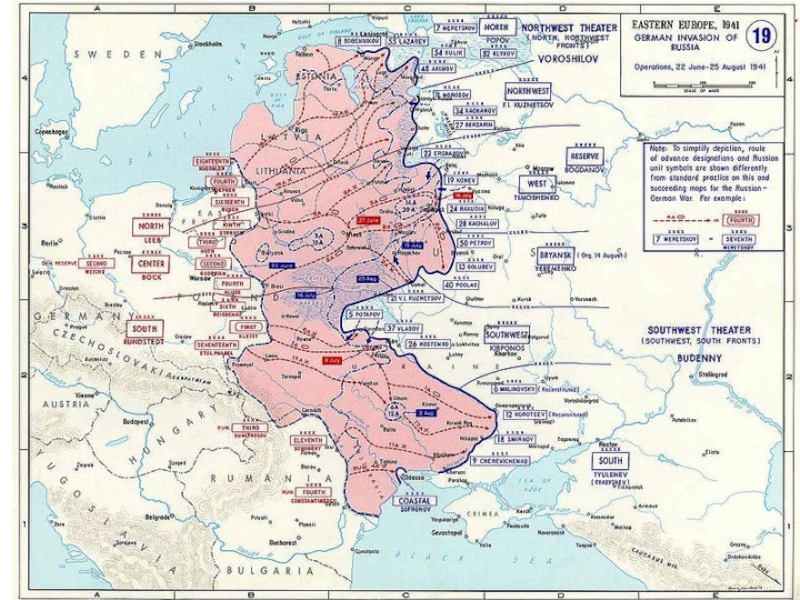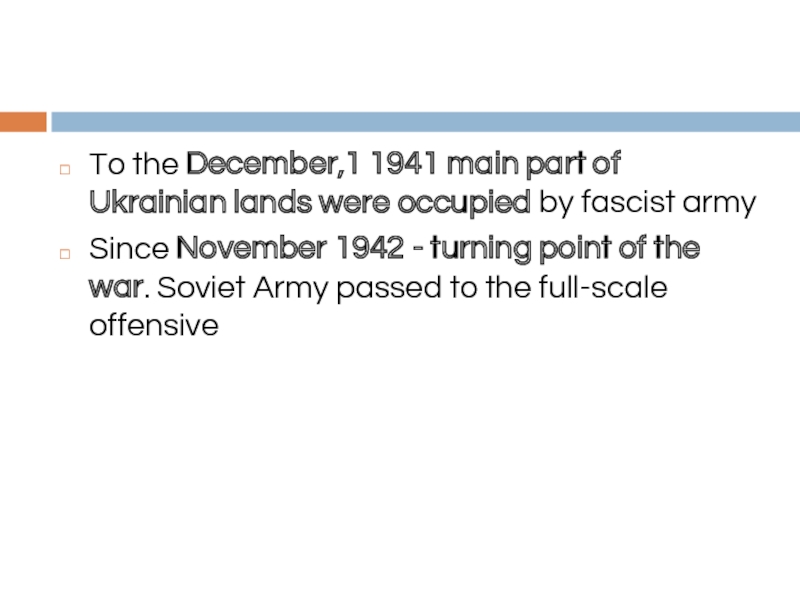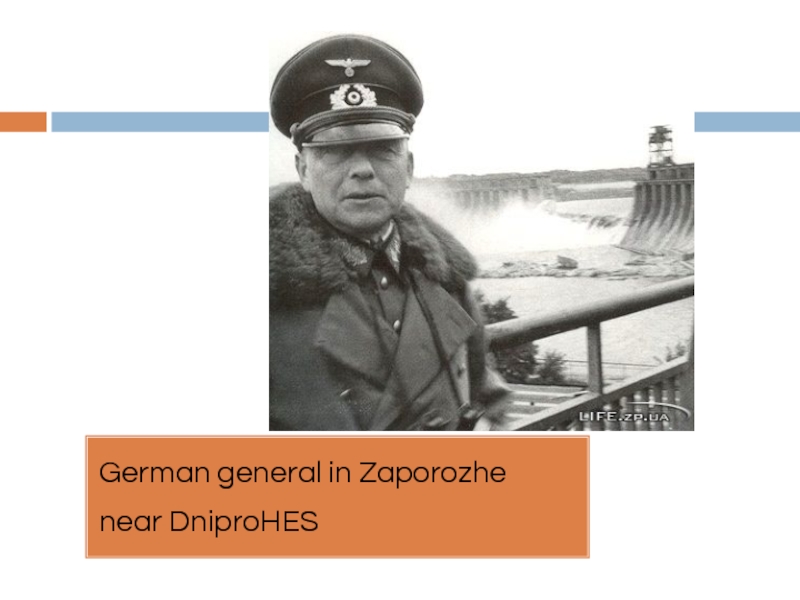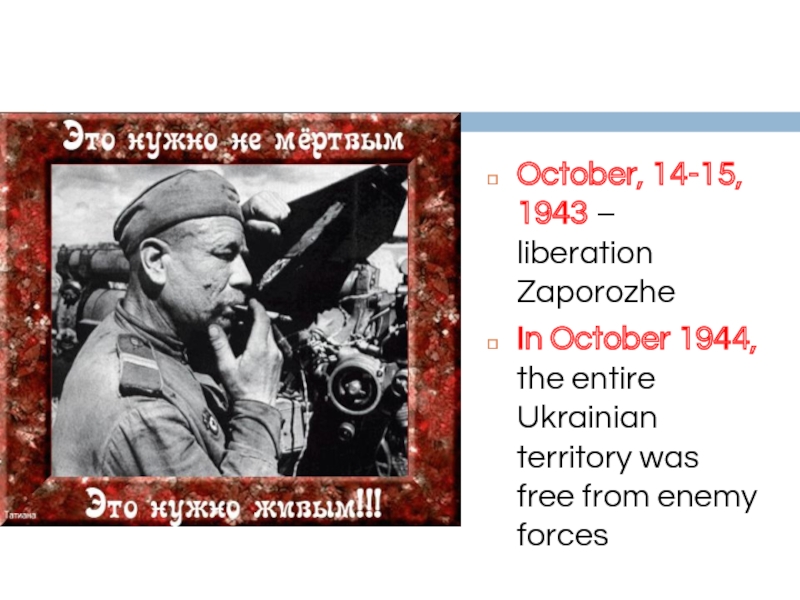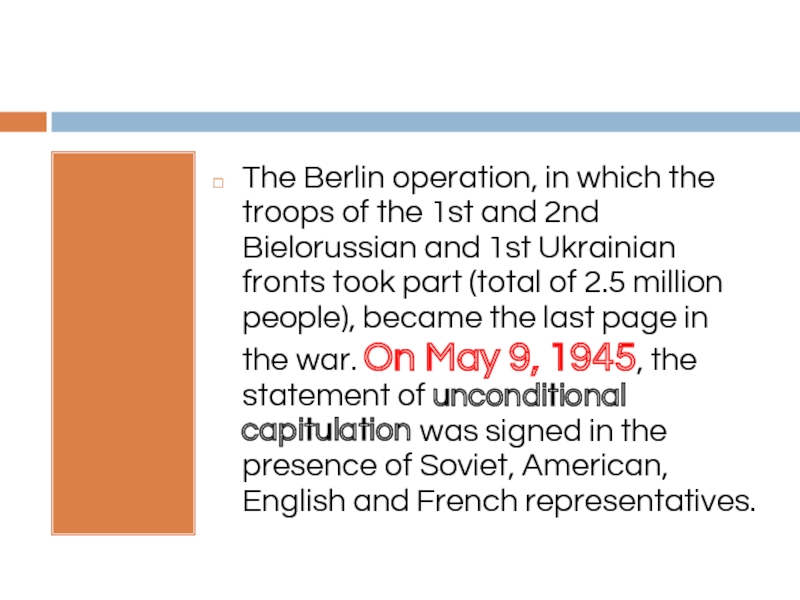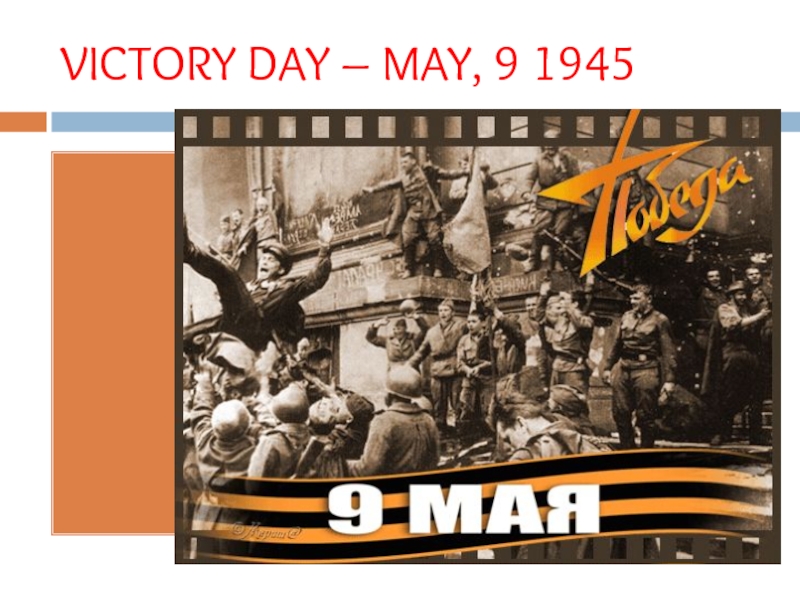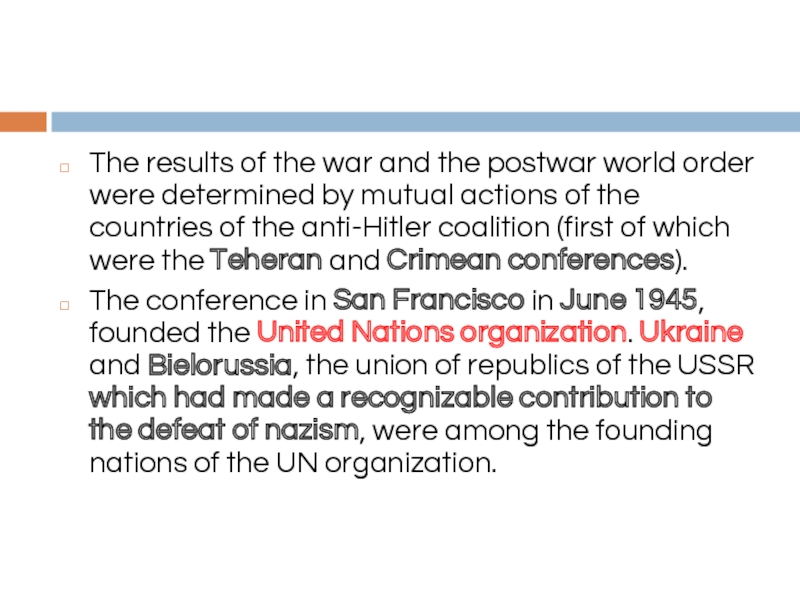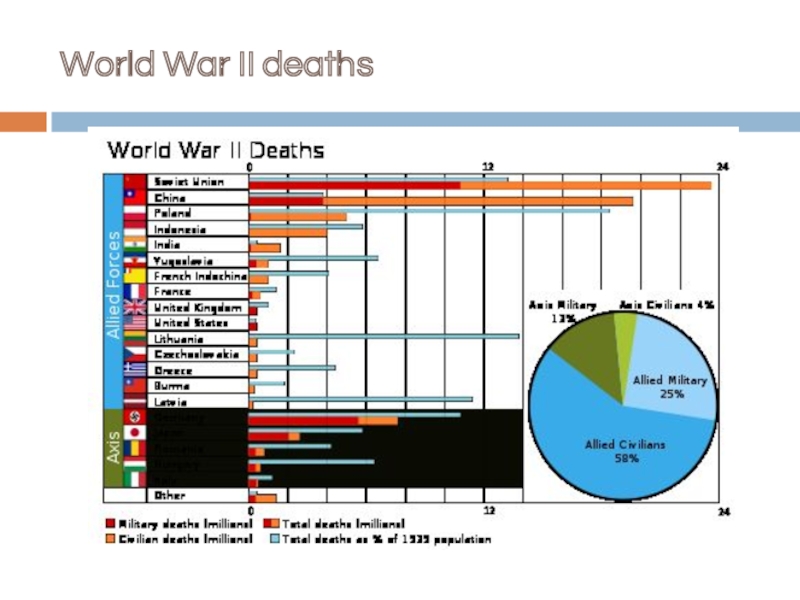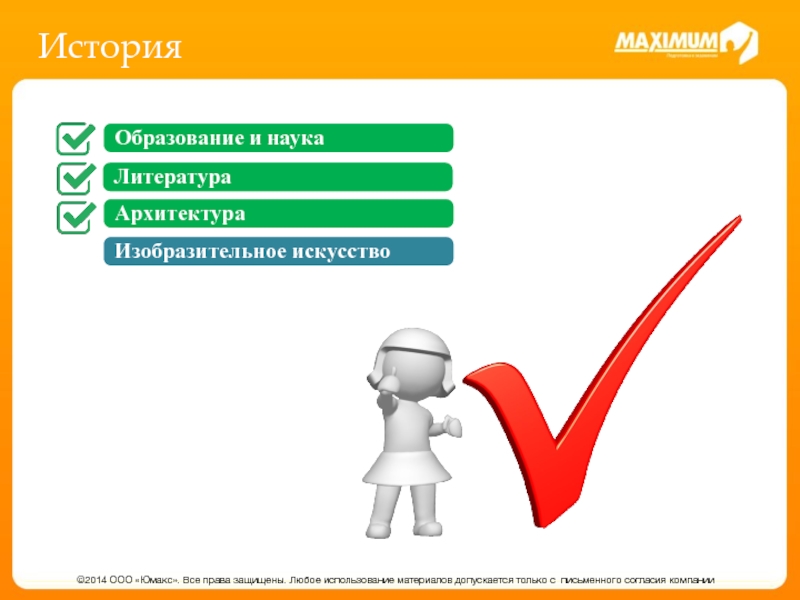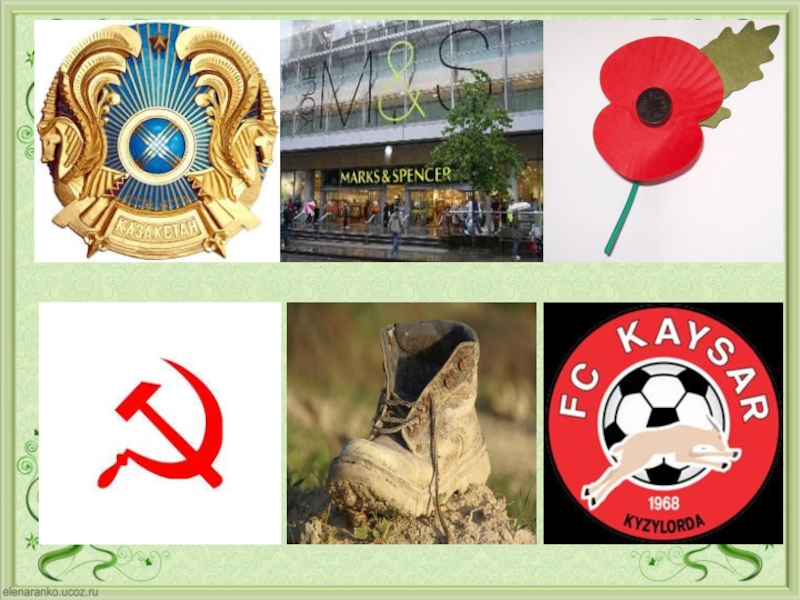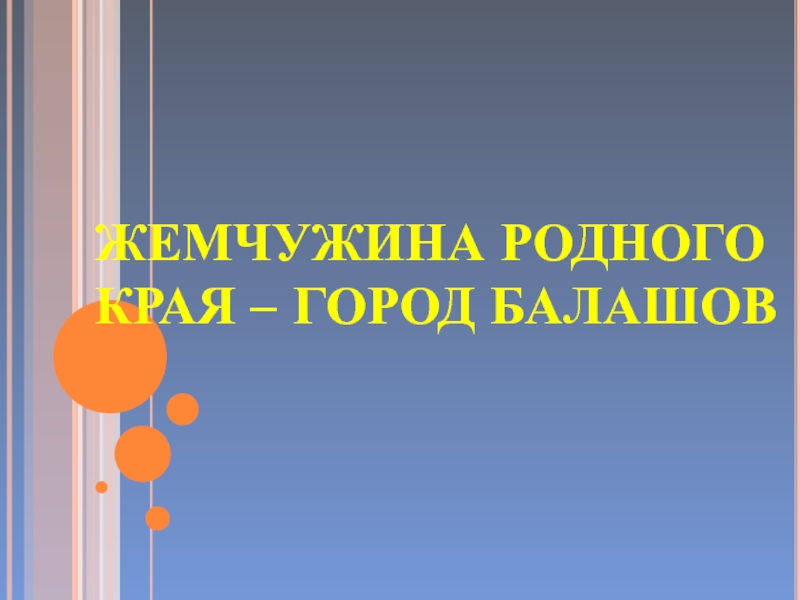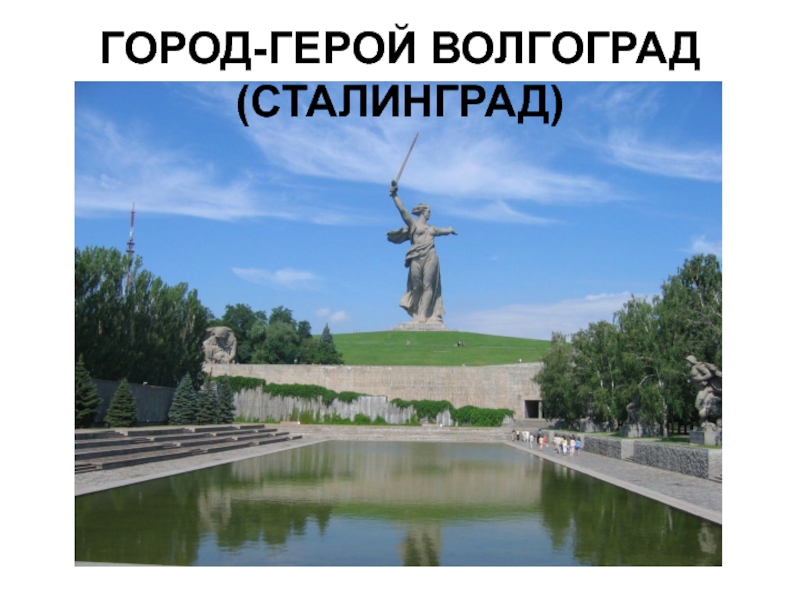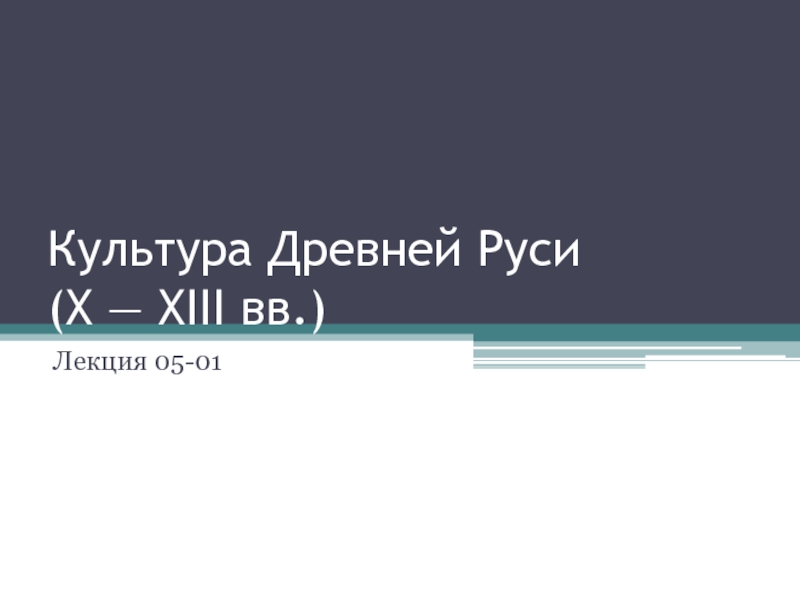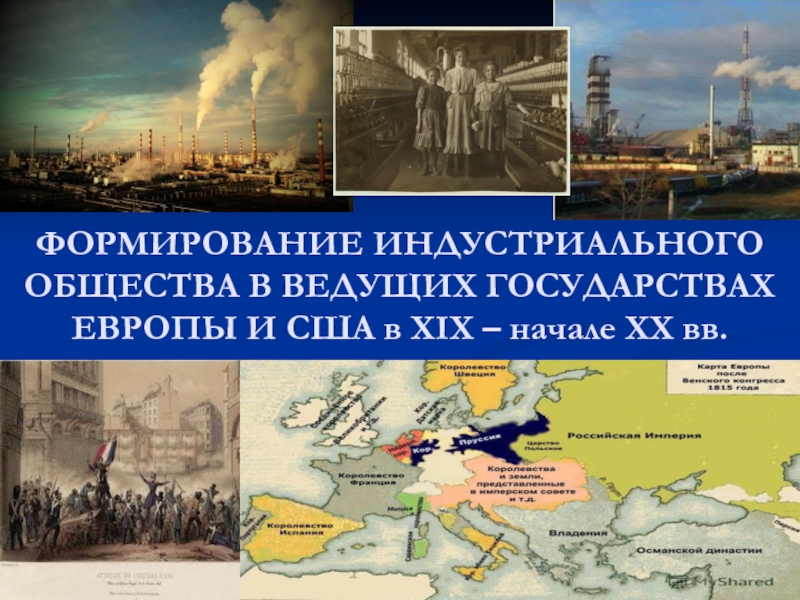Spitsa N.V.
- Главная
- Разное
- Дизайн
- Бизнес и предпринимательство
- Аналитика
- Образование
- Развлечения
- Красота и здоровье
- Финансы
- Государство
- Путешествия
- Спорт
- Недвижимость
- Армия
- Графика
- Культурология
- Еда и кулинария
- Лингвистика
- Английский язык
- Астрономия
- Алгебра
- Биология
- География
- Детские презентации
- Информатика
- История
- Литература
- Маркетинг
- Математика
- Медицина
- Менеджмент
- Музыка
- МХК
- Немецкий язык
- ОБЖ
- Обществознание
- Окружающий мир
- Педагогика
- Русский язык
- Технология
- Физика
- Философия
- Химия
- Шаблоны, картинки для презентаций
- Экология
- Экономика
- Юриспруденция
Building of totalitarian state. Ukraine from 1920th to 1945 презентация
Содержание
- 1. Building of totalitarian state. Ukraine from 1920th to 1945
- 2. Totalitarianism “Closed and immovable socio-political structure
- 3. Totalitarianism Benito Mussolini: “As more complicated becomes
- 4. Bolsheviks (“the majority”) The Bolsheviks came
- 5. Union of Soviet Socialist Republics (USSR) a
- 6. Vladimir Lenin addressing a crowd in 1920
- 7. Joseph Vissarionovich Stalin - held the position
- 8. Two big programs of how to change the society INDUSTRIALIZATION COLLECTIVIZATION
- 9. INDUSTRIALIZATION (economy) All plants and
- 10. COLLECTIVIZATION (the agroindustrial complex) Private
- 11. Agitation to join collective farms (kolkhoz)
- 15. Starvation 1921-1922 1932-1933
- 16. Only in 1921-1922 8 million of lives was taken by starvation
- 18. Stalin: We will be victorious over drought
- 19. SECOND WORLD WAR 1 September 1939 –
- 20. The start of the war - 1
- 21. Molotov–Ribbentrop Pact 23 August 1939 named
- 22. On June 22, 1941 Germany and its
- 24. To the December,1 1941 main part of
- 25. German general in Zaporozhe near DniproHES
- 26. October, 14-15, 1943 – liberation Zaporozhe
- 27. The Berlin operation, in which the
- 28. VICTORY DAY – MAY, 9 1945
- 29. The results of the war and
- 30. World War II deaths
- 31. Thank you! THANK YOU! Spitsa N.V.
Слайд 2Totalitarianism
“Closed and immovable socio-political structure where every process – from upbringing
children to the manufacture and distribution of consumer goods are regulated and controlled from one center”
Latin word “totalis” – universal, general
Latin word “totalis” – universal, general
Слайд 3Totalitarianism
Benito Mussolini: “As more complicated becomes state as more the freedom
of person has been limited”
Features of Totalit. state:
Government totally controlling all spheres of life and every man personally
State looks like machine were people are little and not important details which can be changed every moment if necessary”
Features of Totalit. state:
Government totally controlling all spheres of life and every man personally
State looks like machine were people are little and not important details which can be changed every moment if necessary”
Слайд 4Bolsheviks (“the majority”)
The Bolsheviks came to power in Russia during the
October Revolution phase of the Russian Revolution of 1917
under the direction of Vladimir Ilyich Lenin
under the direction of Vladimir Ilyich Lenin
Слайд 5Union of Soviet Socialist Republics (USSR)
a single-party state ruled by the
Communist Party
In December 1922 the Bolsheviks won the Civil war, and the Soviet Union was formed
In December 1922 the Bolsheviks won the Civil war, and the Soviet Union was formed
Слайд 7Joseph Vissarionovich Stalin - held the position of General Secretary of
the Communist Party of the Soviet Union's Central Committee from 1922 until his death in 1953
Слайд 9
INDUSTRIALIZATION
(economy)
All plants and factories were nationalized – government became the one
owner of all industry (it was proclaimed that all people are the masters of industry)
Private property was prohibited and abolished
Maine role played heavy industry, mostly – military manufacture (because totalitarian state firstly is a military state)
Private property was prohibited and abolished
Maine role played heavy industry, mostly – military manufacture (because totalitarian state firstly is a military state)
Слайд 10
COLLECTIVIZATION
(the agroindustrial complex)
Private property was also destructed
Lands which was taken from
its owners were putting at the sphere of collectivization (unions were made)
So all territories belong to everyone and nobody at the same time
Peasants had to give their cattle, agricultural equipment in to common use
So all territories belong to everyone and nobody at the same time
Peasants had to give their cattle, agricultural equipment in to common use
Слайд 15Starvation
1921-1922
1932-1933
reasons:
Natural – drought
Political:
To clean the territory from indignant, not
satisfied by Bolsheviks` power, peasants
Слайд 20The start of the war - 1 September 1939, German invasion
of Poland;
Britain and France declared war on Germany two days later
Britain and France declared war on Germany two days later
Слайд 21Molotov–Ribbentrop Pact
23 August 1939
named after the Soviet foreign minister V.
Molotov and the German foreign minister J. von Ribbentrop, was an agreement officially titled the Treaty of Non-Aggression between Germany and the Soviet Union
Слайд 22On June 22, 1941 Germany and its allied powers invaded the
Soviet Union.
Red Army suffered great losses and the soldiers often found themselves surrounded
By the end of September, the Red Army left Odessa, and in the middle of October the battles were expanded near Kharkiv and Donbas
Red Army suffered great losses and the soldiers often found themselves surrounded
By the end of September, the Red Army left Odessa, and in the middle of October the battles were expanded near Kharkiv and Donbas
Слайд 24To the December,1 1941 main part of Ukrainian lands were occupied
by fascist army
Since November 1942 - turning point of the war. Soviet Army passed to the full-scale offensive
Since November 1942 - turning point of the war. Soviet Army passed to the full-scale offensive
Слайд 26
October, 14-15, 1943 – liberation Zaporozhe
In October 1944, the entire Ukrainian
territory was free from enemy forces
Слайд 27
The Berlin operation, in which the troops of the 1st and
2nd Bielorussian and 1st Ukrainian fronts took part (total of 2.5 million people), became the last page in the war. On May 9, 1945, the statement of unconditional capitulation was signed in the presence of Soviet, American, English and French representatives.
Слайд 29
The results of the war and the postwar world order were
determined by mutual actions of the countries of the anti-Hitler coalition (first of which were the Teheran and Crimean conferences).
The conference in San Francisco in June 1945, founded the United Nations organization. Ukraine and Bielorussia, the union of republics of the USSR which had made a recognizable contribution to the defeat of nazism, were among the founding nations of the UN organization.
The conference in San Francisco in June 1945, founded the United Nations organization. Ukraine and Bielorussia, the union of republics of the USSR which had made a recognizable contribution to the defeat of nazism, were among the founding nations of the UN organization.
